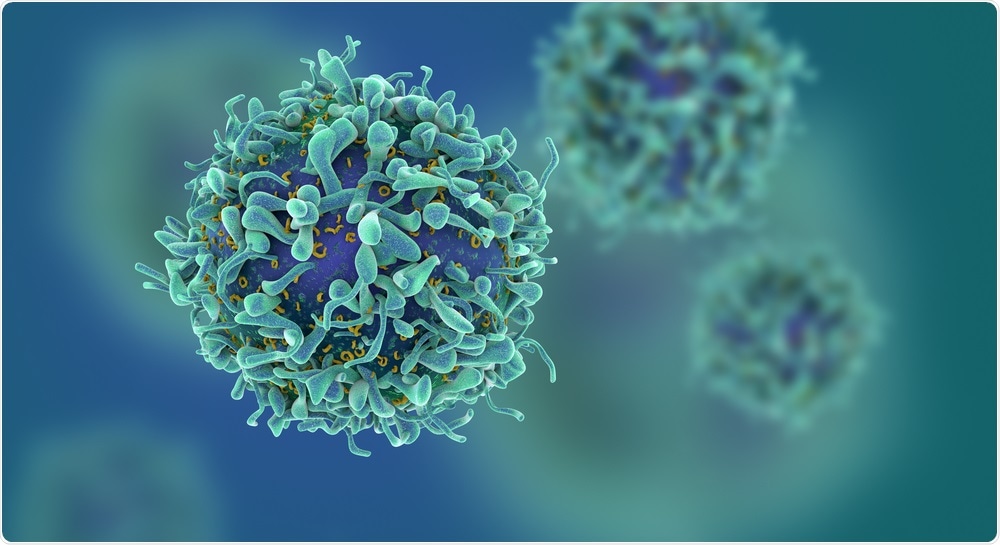Scientists from the Antibody and Vaccine Group at the University of Southampton have discovered a way to transform antibody drugs previously developed to treat autoimmunity into antibodies with powerful anti-cancer activity through a simple molecular "switch".

Image Credit: fusebulb/Shutterstock.com
This work, published in the journal Cancer Cell, focuses on a molecule called CD40 which is present on the surface of immune cells and controls both autoimmunity and cancer.
In autoimmunity, CD40 is thought to be over-stimulated, increasing the chance of the immune system attacking healthy tissues; whereas in cancer, CD40 is believed to be under-stimulated, enabling tumor cells to evade the immune system.
Targeting of CD40 with antibody drugs is ongoing in therapeutic interventions for both diseases.
Accordingly, antibody drugs have been developed to either activate (agonists) or suppress (antagonists) the CD40 immune pathway. Researchers at the Centre for Cancer Immunology in Southampton, led by Professors Mark Cragg and Martin Glennie now reveal that an antagonist CD40 antibody can be transformed into an agonist by simply modifying the "constant" domain of the antibody.
The antagonist-turned agonist "trick" was shown for three different antagonists, being driven by the hinge part of the constant domain that controls the flexibility of the antibody. One of these antibodies, was shown to be a "super"-agonist that could stimulate the immune system and cure cancer more effectively in preclinical models than the best CD40-targeting antibody currently in a clinical trial.
Being able to toggle between an autoimmune drug and a cancer medicine with a simple switch is really exciting. We gained a deeper understanding of the mechanism through which CD40 becomes activated, and eagerly look forward to applying this technology to more drug candidates."
Dr. Xiaojie Yu, first author of the study.
"Our findings build on a history of CD40 research here in Southampton and were surprising and exciting in equal measure," said Professor Mark Cragg, senior author of the study.
"Taking an antibody that suppresses the immune system and turning it on its head, to activate the immune system for cancer through a relatively simple process is unprecedented.
More than that, the same approach could be used for other immune targets and we look forward to seeing testing this in the near future".
The study was funded by Cancer Research UK.